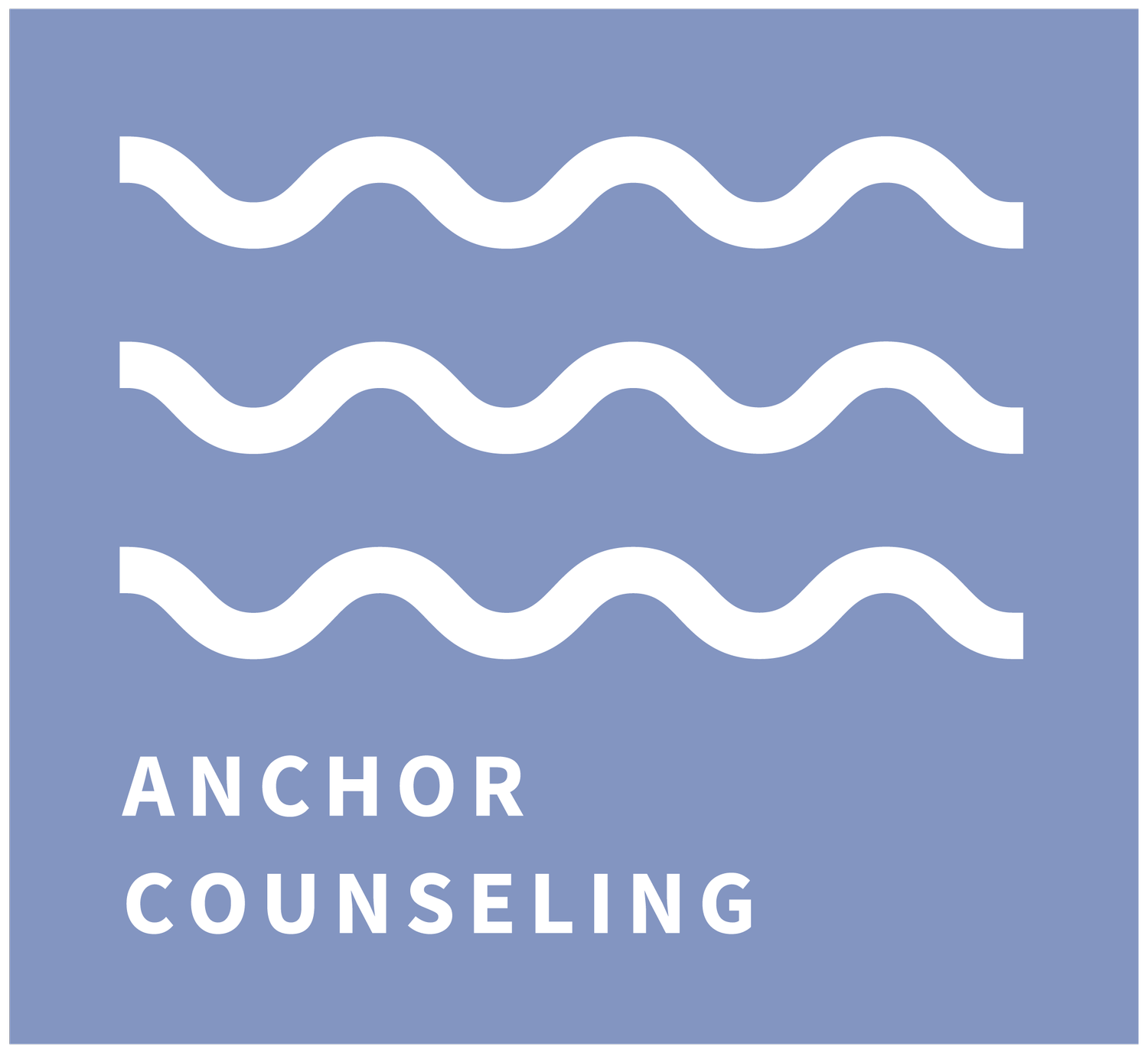Four Ways to Get Over a Friend Breakup
Losing a close friend at any age in life is difficult. We like to believe the bonds we’ve formed with others over time will always remain as strong as they have been. Unfortunately, that is not always the case. Friendships end for lots of reasons. People drift apart over time or their interests become too different from yours. Others might feel like their friend isn’t the same person they used to be, with core values that don’t reveal themselves until it’s too late. Maybe they don’t put as much effort into the friendship as you do and you’re tired of trying.
Whatever the case may be, a friend breakup can be just as difficult to process as a romantic breakup, and sometimes more so. This is especially true if that person was a best friend or someone you’ve known since elementary school.
And like with romantic relationships, it’s common to become preoccupied with how the friendship ended and get hung up on mistakes and regrets. You might spend time wishing things hadn’t changed between you or wonder why you lost touch. Some might even find themselves checking their social media or starting to type a text that’ll never be sent. Doing these things are a normal reaction to a significant loss, but they can also slow down the grieving process and prevent you from moving forward.
If you’ve recently gone through a friend breakup, here are 4 things you can do to help yourself move forward.
Acknowledge the breakup
Losing a best friend is sometimes harder than losing a romantic partner, because a major pillar of your support system is suddenly gone. For many, this can be difficult to sit with. You might feel tempted to brush it off like it’s not a big deal, believing that grieving isn’t necessary.
However, failing to acknowledge the reality of the broken friendship and the pain it’s causing you can slow down or even prevent your grieving process. Validating the grief you are experiencing over a lost friend is crucial to the start of the healing process.
Avoid rumination
It can be hard to stop obsessing over every little detail after a friend breakup. You might feel extreme guilt over the end of a friendship and blame yourself for everything that went wrong, thinking only of your mistakes and never forgiving yourself for them. You might spend a lot of time scrolling through old pictures and texts, or even checking their social media to see how they’re doing, even if the act fills you with anxiety and remorse.
These are examples of rumination, engaging in a repetitive cycle of negative thoughts and patterns. Ruminating on the past can be detrimental to the healing process, as it tends to only invite anger or sadness and prevent you from properly processing your emotions. Avoiding social media and accepting your mistakes is a lot easier said than done, but doing so can go a long way for those who wish to move forward but find themselves struggling.
Put away reminders
A close friend of many years obviously has had a major impact on your life and the person you’ve become. After spending so much time with a person, we often end up with many belongings given to us from them, along with some random items and trinkets collected over years of closeness.
Some people end up purging their homes of these keepsakes while others can’t bear the thought of throwing away such personal belongings. While both are common reactions to a friend breakup, they might end up causing more harm than good for your grieving process. Those who prefer scorched earth might later regret getting rid of those belongings once they start to heal, while those who keep gifts and old clothing might struggle to move on at all.
If these belongings have more meaning than a reminder of your friend breakup, you might want to consider boxing up those belongings and putting them in a garage, attic, or whatever storage space you prefer. Even if the friendship never repairs, it can help you properly grieve and focus on the present, then revisit those items if you want to in the future.
Talk to someone about it
When we grieve things like a broken friendship, we tend to distance and isolate ourselves or struggle to openly talk about the loss. Doing so, however, might leave you feeling alone and helpless. Some of us might be afraid to open up to others during these times, but doing so with a friend or family member can help you process what you might be feeling and remind you that you’re not alone.
For those who struggle to speak with family regarding personal matters, or those who have mutual friends with the person you’re no longer friends with, you can always try finding forums to chat with others who might share your experience. There are spaces online and in person, depending on what works best for you. Opening up to someone about your loss can relieve feelings of sadness and allow you to process your feelings in a positive way.
Working with a therapist can also help you process the loss of a close friend. Our therapists at Anchor Counseling New York can help you explore coping skills that work for your situation. Our therapists are accepting new clients - schedule an appointment today to get started.
Blog authors all hold positions at Anchor Counseling. For more information about our therapists and services please contact us.


